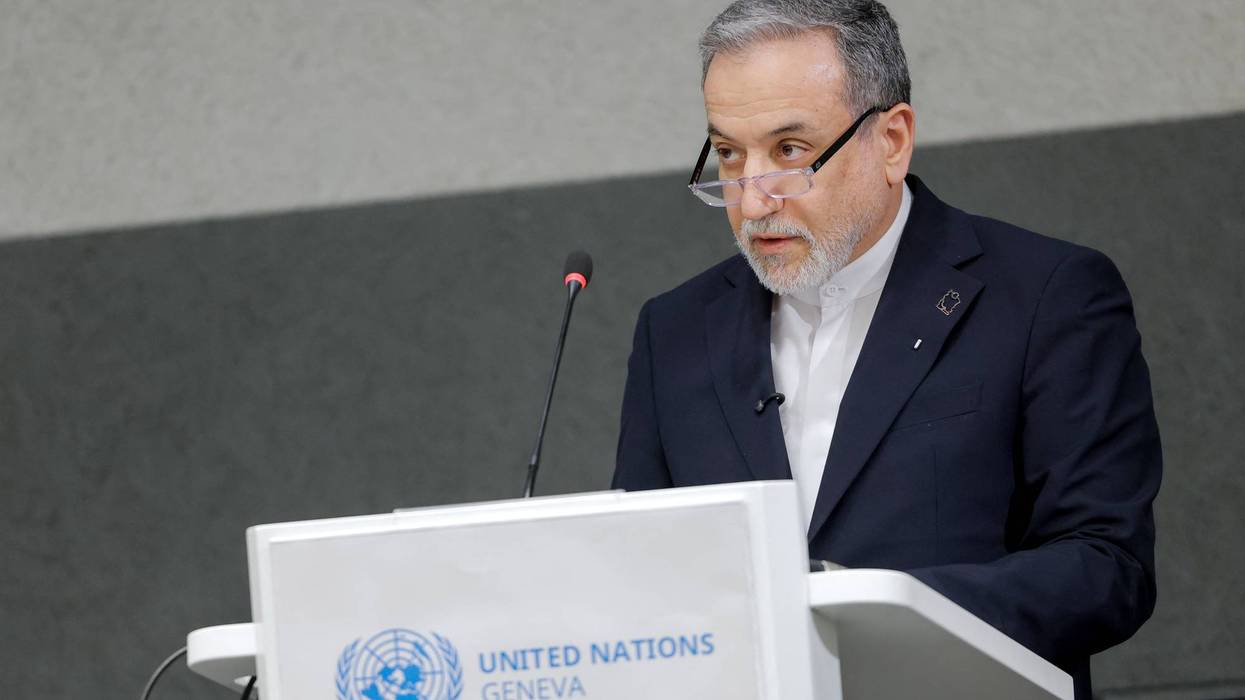300 organizations from 69 countries today launched a Rivers for Climate Global Declaration calling on governments and leaders attending COP26 to protect river ecosystems and stop using scarce climate funds to finance false climate solutions such as hydropower. Representing the views of civil society, peoples movements, Indigenous Peoples' organizations, scientists, and conservationists, the declaration called out the proliferation schemes being peddled under an erroneous pretense of sustainability.
"Hydropower is not clean energy. We're at an unprecedented moment in history; facing the triple threats of a runaway climate crisis, large-scale biodiversity loss, and a global pandemic," said Chris Wilke, Global Advocacy Manager for Waterkeeper Alliance. "We simply cannot waste time, funding, and scarce resources on false solutions that distract us from what is really needed to address the multiple crises we face."
Incentivizing and expanding hydroelectric power construction would not only fail to prevent catastrophic climate change, it would also worsen the climate crisis by exploding methane emissions and diverting scarce climate funds away from meaningful energy and water solutions in a world that is already grappling with severe impacts of climate change.
This call to world leaders is based on growing scientific and social impact evidence of the dangers associated with hydropower dams and the risks of pursuing investment in dams for climate change mitigation. In the Global Declaration the groups hold that:
Free-flowing rivers, wetlands, and natural lakes have immense value for the welfare of the ecosystems they sustain, humankind, and survival on the planet. These water bodies and the biodiversity they sustain are important adaptation resources for the vast number of people dependent on them. Rivers can also play a central, often spiritual, and cultural role for many Indigenous riparian communities. These life-giving systems are being destroyed by growing pressure from a variety of sources, chief among them hydropower projects.
Rivers play a vital role in sequestering carbon and building climate resiliency, yet hydropower dams prevent rivers from serving these critical functions. Rivers help regulate an increasingly volatile global carbon cycle by drawing an estimated 200 million tons of carbon out of the air each year.
Hydropower dams are vulnerable to climate change and will be further impacted by changing hydrology. Our climate and hydrological cycles are changing, but hydropower dams are particularly ill-suited to adapt to these changes. Unprecedented floods, landslides, and other such disasters exacerbated by climate change are already threatening the safety of dams around the world, with more extreme weather events elevating the risk of catastrophic dam collapses.
"Sustainable hydropower as a solution to climate change is a myth," said Himanshu Thakkar from South Asia Network on Dams, Rivers and People. "Hydropower projects are hugely, adversely impacted by climate change and also act as force multipliers for the impacts, thus worsening the climate crisis, particularly for the vast millions of people who depend on rivers, forests, and floodplains for their food and livelihood security. Building and operating new hydropower projects in areas like the Himalayas, and South Asia is worsening disaster potential and vulnerabilities manyfold and is destroying the resilience options for river and mountain dependent communities. Any claim to the contrary by the hydropower industry will not stand up to independent scrutiny, as was seen under the work of the World Commission on Dams."
Adding more dams will exacerbate methane emissions at precisely the time IPCC warns they must be dramatically reduced. Hydropower reservoirs are a significant contributor to the climate crisis, primarily through emitting vast quantities of methane, a greenhouse gas 86 times more potent in the near term than carbon dioxide.
Expanding hydropower is incompatible with efforts to address the looming biodiversity crisis. While they account for less than 1% of the Earth's surface, freshwater ecosystems are home to more than 10% of all species. Hydropower dams are a key culprit in the rapid 84% decline in the populations of freshwater species experienced since 1970.
"The call by some industry groups to grow global hydropower by 60% likely means damming all remaining free-flowing rivers which would be a tremendous blow for global freshwater biodiversity," said Eugene Simonov from Rivers without Boundaries. "In 2020, adding less than 3% of that total has already led to tremendous losses of freshwater ecosystems and species. This includes the Mesopotamia Marshes UNESCO World Heritage Site, where turtles and many other species struggle in the reduced flows of the Tigris River which are blocked by the Ilisu Dam in Turkey. New dams completed in 2020 also affected globally significant biodiversity sites in Lao PDR, China, Indonesia, Pakistan, Guinea, Ethiopia, Honduras, and other countries. This demonstrates that the hydropower industry continues rapid destruction of the world's prime freshwater habitats, often under the misleading name of 'clean energy development'".
The construction of hydropower dams routinely violates the human rights of impacted communities, particularly Indigenous Peoples. The hydropower industry has a long history of human rights violations, with many companies and financiers never held to account. Over 20 years ago, the World Commission on Dams (WCD) estimated that dams had displaced up to 80 million people, and that number is likely significantly higher today. Dams have also negatively affected an estimated 472 million people living downstream.
"When I was a child, I witnessed the anguish that families experienced while the dams were being built on the Biobio River. Years later, I see the suffering, pain, and frustration of families who fought tirelessly to defend the BioBio River and our lands that were flooded as a result of the reservoirs. The dams devastated our culture. The place where our families gathered and lived was flooded. They flooded our ancestral cemetery, submerging our families' bones deep underwater. I dream of children living without repression, who can enjoy free-flowing rivers and everything that the Mapu (earth) and our ancestors have given us to live," said Fernanda Purran of the Mapuche-Pehuenche Tribe and Director of Rios to Rivers Chile
"As a member of the Klamath Tribes, I look forward to the largest dam removal in world history in 2023. This hard-fought battle will return salmon to our ancestral territory in Oregon for the first time in more than 100 years," said Paul Robert Wolf Wilson, a Klamath Tribes Member and Chief Storyteller for Rios to Rivers. "Meanwhile, elsewhere in the U.S. and throughout the world, dams are being falsely promoted as a source of clean energy. The United Nations (UN) has certified hundreds of new dams as carbon offsets without measuring their methane emissions and despite the fact that they displace ancient Indigenous cultures in violation of the UN Declaration on the Rights of Indigenous Peoples. Instead, governments should be using climate financing to allocate funds to restore rivers and promote protecting river ecosystems and communities."
In the Global Declaration, the organizations are calling for specific actions from governments, including:
A prohibition of funds committed under the Paris Agreement for the construction of new hydropower dams.
Countries to remove new hydropower dams from their Nationally Determined Contributions (NDCs).
A just and sustainable energy transition and economic recovery that centers people and ecosystems.
Investment to rapidly upscale truly renewable energy sources capable of delivering needed energy access while transitioning away from destructive fossil fuels and hydroelectric dams.
Removal of destructive and obsolete dams that inhibit ecosystem processes (including carbon sequestration), providing additional benefits of spurring resilience and food and livelihood security.
Upgrading or refurbishing existing dams where economically feasible, and only where not disruptive to ecosystems and river communities, and free, prior and informed consent of Indigenous Peoples has been granted and where social and environmental management measures related to past impacts have been addressed.
Enhanced energy conservation and efficiency measures, along with upgrades to electrical grids to lessen the demand for energy.
Permanent protections that prohibit hydropower dam construction on free-flowing rivers and most vital freshwater ecosystems.
"Hydropower is an outdated technology that has outlived its usefulness, which is why the industry is desperate for new funding sources to revive its declining fortunes," says Josh Klemm of International Rivers. "Climate funds must be deployed to catalyze the energy transformation that can see us through the climate crisis, and not business-as-usual approaches that got us here."





